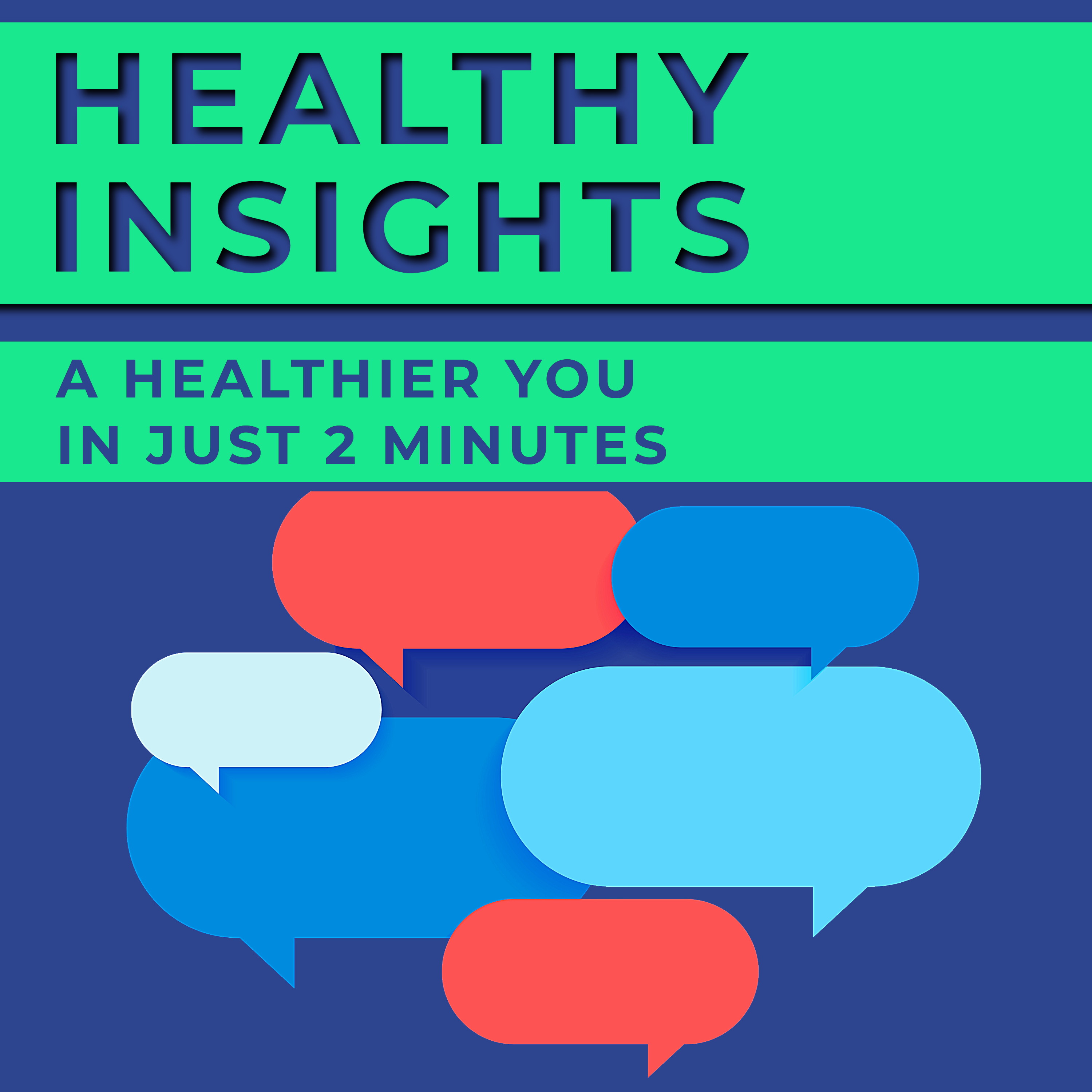Polycystic Ovary Syndrome (PCOS) presents unique challenges, especially concerning weight management. This guide provides ten actionable insights to help individuals with PCOS achieve a balanced, healthier lifestyle.
One of the first steps in managing PCOS-related weight issues is prioritizing protein in every meal. Protein helps stabilize blood sugar, improve satiety, and reduce the likelihood of insulin spikes. Consider adding sources such as lean meats, legumes, and eggs to your meals. Healthy fats, particularly omega-3s found in fatty fish (like salmon) and nuts, can combat inflammation commonly associated with PCOS.
Mindful eating can prevent overeating and improve digestion. By paying close attention to hunger and fullness cues, individuals with PCOS can avoid consuming excess calories. Additionally, staying hydrated can prevent the body from confusing thirst with hunger. Aim to drink plenty of water throughout the day.
Portion control is another essential element of a PCOS-friendly diet. Visual aids, such as using smaller plates, can help manage portion sizes and prevent overeating. Additionally, limiting processed foods is key. Processed foods often contain high levels of unhealthy additives, sugars, and refined carbs, which can exacerbate PCOS symptoms. Instead, focus on whole foods like fruits, vegetables, and whole grains.
Sleep plays a critical role in managing PCOS symptoms. Aim for 7-9 hours of sleep each night to help regulate hormones, support metabolism, and manage weight. Establish a consistent sleep schedule and incorporate a relaxing bedtime routine to improve sleep quality.
Stress has a direct impact on PCOS by increasing cortisol levels, which can lead to weight gain and worsen symptoms. Techniques such as meditation, deep breathing exercises, and yoga are effective ways to manage stress. These practices help balance hormones and promote overall well-being.
Exercise is crucial for weight management in women with PCOS. A combination of cardio (e.g., walking, cycling, or swimming) and strength training helps improve insulin sensitivity, build muscle, and burn calories. Aim for at least 150 minutes of moderate aerobic activity per week, paired with strength exercises twice a week.
PCOS is a complex condition that requires regular monitoring by healthcare professionals. Regular health check-ups allow for timely adjustments to treatment plans and early detection of related health conditions, such as diabetes or cardiovascular issues. Consult with your healthcare provider regularly to ensure you're on the right track.
These insights are not a one-size-fits-all solution. Every individual’s journey with PCOS is unique, so it's important to work with healthcare professionals to develop a plan that is both sustainable and effective for you personally.
Successfully managing PCOS requires a holistic approach that combines dietary modifications, lifestyle changes, exercise, and regular medical supervision. By focusing on all these aspects, individuals with PCOS can significantly improve their symptoms and overall quality of life.
"Remember, these insights should be tailored to individual needs and implemented under the guidance of healthcare professionals."
By making small, consistent changes in diet, lifestyle, and exercise, individuals with PCOS can achieve long-term success in managing their weight and health. Prioritizing both mental and physical well-being is essential for sustainable improvements.

10 Actionable Insights for Creating Healthy Habits Start Tiny: Begin with habits that take less than two minutes to complete. This makes it easier...

Transcript: Bannister Wolfe: Bannister here, Let’s continue to Think Healthy. How about I give you One more reason to get vaccinated? Doctor Puja: This...

Still Gotta Mask… Listen